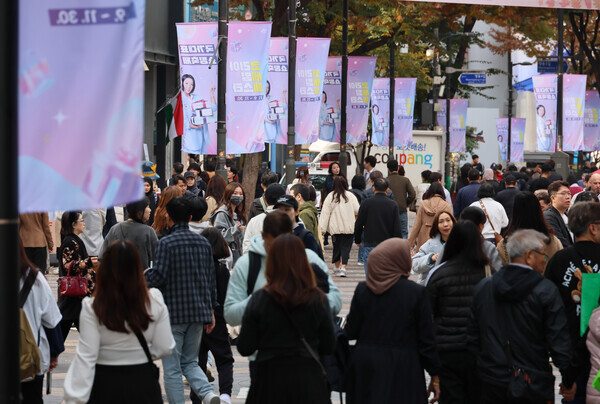
Seoul, South Korea – December 30, 2024 – South Korea's job market exhibited a complex picture in November, marked by both growth and deceleration, according to the latest labor force survey released by the Ministry of Employment and Labor.
The survey revealed that the number of employed individuals in establishments with one or more employees reached 20,164,000 in November, reflecting a 0.4% increase or 81,000 more jobs compared to the same period last year. While this represents continued job growth, the pace has slowed down from the previous month's 90,000 increase.
Key Findings:
Slowdown in Job Growth: The latest figures indicate a cooling in the job market, with the growth rate falling below the 100,000 mark for the first time since March 2021, when the COVID-19 pandemic was at its peak.
Industry-wise Performance: The health and social work sector led the job creation, adding 98,000 positions. However, the construction industry experienced a significant decline of 80,000 jobs.
Wage Growth: Average monthly earnings for regular workers increased by 3.7% to 4,168,000 won, while temporary workers saw a 2.3% decrease in their average monthly earnings. After adjusting for inflation, real wages for employees grew by 2.1%.
Longer Working Hours: The average monthly working hours increased by 3.7% to 152.3 hours, largely due to changes in the number of working days in the month.
Hiring Trends: The survey also showed that while both job openings and hires increased in the second half of the year, the number of unfilled positions and the vacancy rate declined.
Factors Influencing the Job Market:
Several factors are contributing to the current state of the South Korean job market, including:
Demographic changes: The aging population and declining birth rate are exerting downward pressure on the labor force.
Economic uncertainties: Global economic uncertainties and domestic policy shifts can influence business investment and hiring decisions.
Industry-specific trends: The performance of specific industries, such as construction and manufacturing, can significantly impact overall job creation.
Policy measures: Government policies aimed at stimulating job creation and supporting businesses play a crucial role in shaping the labor market.
Outlook:
While the latest data suggests a moderation in job growth, experts caution against reading too much into a single month's figures. The overall health of the South Korean job market will continue to depend on a variety of factors, including the trajectory of the global economy, domestic policy developments, and the pace of technological advancements.
[Copyright (c) Global Economic Times. All Rights Reserved.]






























